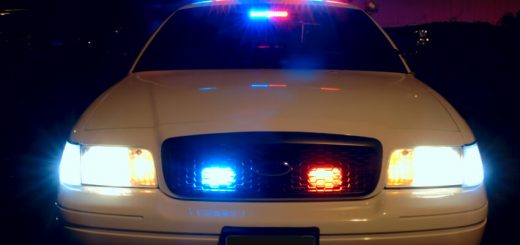Undoing W.(D.)
Sexual assault cases are often very difficult to resolve, particularly those in which the victim is a minor and the offender is a close adult family member. The difficulty arises not only due to the nature of the offence, but also, because more often than not, the only two witnesses to the crime are the perpetrator and the victim. The trial becomes a battle of “he says, she says,” and it is left up to the trier of fact to decide who and what to believe, and how much.
Past case law has clearly indicated that trials in which the complainant’s word is pitted against that of the accused are not supposed to be a choice between two conflicting stories: R. v. W.(D.), [1991] 1 S.C.R. 742; R. v. S. (W.D.), [1994] 3 S.C.R. 521. “[T]he burden never shifts from the Crown to prove every element of the offence beyond a reasonable doubt” R. v. J.H.S., 2008 SCC 30 at para.13.This is what the judge in a jury trial must make clear in his or her charge and that was what Cory J. meant to emphasize in W.(D.). Unfortunately, the jury instruction that he provided to serve as an example has become almost a formula that judges are expected to recite in any case involving credibility. For the reader’s convenience, the oft-cited passage from W.(D.) is included here:
Ideally, appropriate instructions on the issue of credibility should be given, not only during the main charge, but on any recharge. A trial judge might well instruct the jury on the question of credibility along these lines:
First, if you believe the evidence of the accused, obviously you must acquit.
Second, if you do not believe the testimony of the accused but you are left in reasonable doubt by it, you must acquit.
Third, even if you are not left in doubt by the evidence of the accused, you must ask yourself whether, on the basis of the evidence which you do accept, you are convinced beyond a reasonable doubt by that evidence of the guilt of the accused.
If that formula were followed, the oft repeated error which appears in the recharge in this case would be avoided. The requirement that the Crown prove the guilt of the accused beyond a reasonable doubt is fundamental in our system of criminal law. Every effort should be made to avoid mistakes in charging the jury on this basic principle.
J.H.S.was yet another case involving the sexual abuse of a young girl by a trusted adult – her stepfather. The case has been summarized in an earlier post here. The Crown was appealing a decision from the Nova Scotia Court of Appeal that overturned the conviction of the stepfather on the grounds that “[t]he charge failed to direct that if the jury did not believe the testimony of the accused but were left in a reasonable doubt by that evidence, they must acquit.” (2007 NSCA 12, cited at para. 14 of SCC judgment) Note how it recites the second part of W.(D.) practically word for word.
Justice Binnie writing for a unanimous court in J.H.S., seems to take almost an irritated tone, which is not surprising considering how much difficulty W.(D.) has caused since that decision was rendered in 1991. As Justice Binnie notes in paragraph 8 of J.H.S., W.(D.) has been cited by courts at all levels in at least 3,743 reported cases (and surely in many more unreported cases) and proved to be a “fertile source of appellate review.”
Justice Binnie acknowledges that W.(D.) has been subject to considerable criticism and that the W.(D.) instruction may still confuse jurors. However, he also points out that the Court had never demanded that the precise W.(D.) formulation be followed; indeed, Cory J. in R. v. S. (W.D.), three years after W.(D.), had clearly reiterated that the W.(D.)’s instruction is not required to be recited “word for word as some magic incantation” (S. (W.D.) at 533).
The Supreme Court attempted to undo the W.(D.) formula in S. (W.D.), stressing the fact that what matters is the substance not form. The charge to the jury must be read as a whole and that as long as the judge clearly explains all the necessary elements of the law, the precise phrasing of W.(D.) is not required. J.H.S. only repeats what the Court has already stated before. Whether the lower courts actually take heed this time around is yet to be seen.






Join the conversation